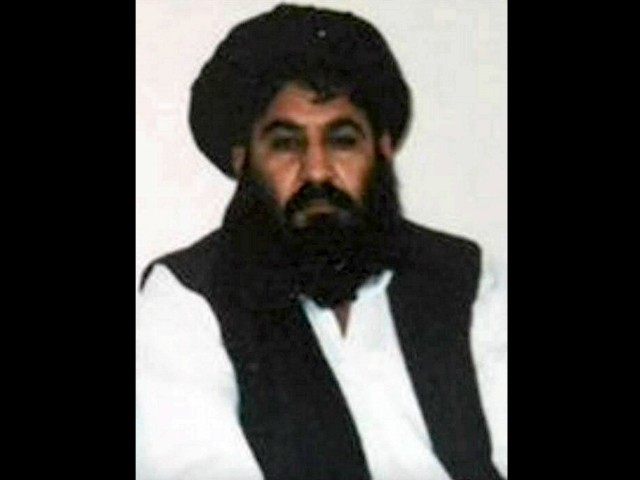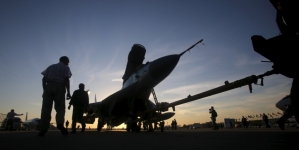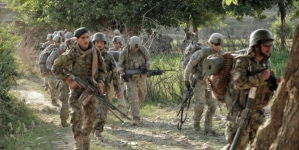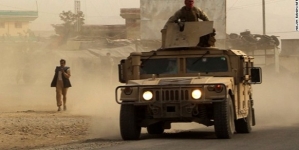-
Tips for becoming a good boxer - November 6, 2020
-
7 expert tips for making your hens night a memorable one - November 6, 2020
-
5 reasons to host your Christmas party on a cruise boat - November 6, 2020
-
What to do when you’re charged with a crime - November 6, 2020
-
Should you get one or multiple dogs? Here’s all you need to know - November 3, 2020
-
A Guide: How to Build Your Very Own Magic Mirror - February 14, 2019
-
Our Top Inspirational Baseball Stars - November 24, 2018
-
Five Tech Tools That Will Help You Turn Your Blog into a Business - November 24, 2018
-
How to Indulge on Vacation without Expanding Your Waist - November 9, 2018
-
5 Strategies for Businesses to Appeal to Today’s Increasingly Mobile-Crazed Customers - November 9, 2018
Afghan Taliban announce end of succession dispute
Aziz said the announcement of Mullah Omar’s death had caused the suspension of talks. Those opposed to his leadership claimed his appointment had been approved by only a small group of senior figures, making it illegitimate.
Advertisement
Omar’s relatives could not be contacted directly, but a close aide to Omar’s son confirmed an agreement had been celebrated at a secret ceremony after Mansour accepted eight demands.
These include the election of a new Taliban Shura, or high council, which will be headed by a member of Omar´s family – most likely Yakoub.
Mr. Yaqub also said his father had died of tuberculosis and hepatitis in Afghanistan, rather than in a hospital in the Pakistani city of Karachi, as claimed by Afghanistan’s NDS intelligence service.
“The esteemed family of the founder of the Islamic Emirate…”
“In a meeting Mullah Yaqub (Mullah Omar’s son) and Mullah Abdul Mannan (Omar’s brother) pledged allegiance to the new leader of Islamic Emirate, Mullah Akhtar Mansour”, a statement issued by the Taliban said without saying when the meeting was held.
According to the BBC, Mullah Omar’s son and brother – Mullah Yaqoub and Mullah Manan – have little military power but their support is symbolically significant.
“We intend to protect and keep this movement united”, a statement on the Taliban’s website reads. It also paves way for resumption of the peace process that was stalled in July after it became public that Mullah Omar had died years ago.
The Afghan and Western governments have long alleged that numerous Taliban’s leaders are based in Pakistan.
Meanwhile, at least two civilians were killed and seven others wounded when a remote-controlled bomb exploded in a market in the Alasai district of Kapisa province, north of capital Kabul.
“At around 10:30 this morning a suicide attacker detonated his explosive-packed vehicle next to the Paghman district headquarters”.
Advertisement
North Atlantic Treaty Organisation ended its combat mission in Afghanistan last December and pulled out the bulk of its troops although a 13,000-strong residual force remains for training and counter-terrorism operations.





























